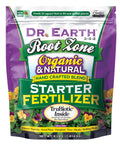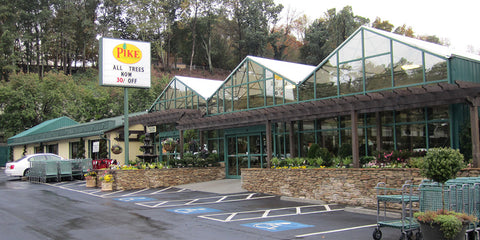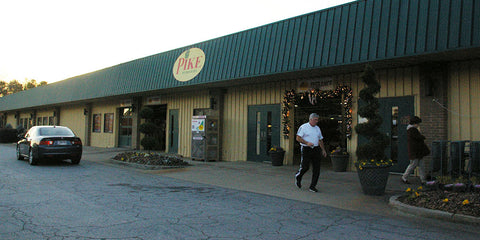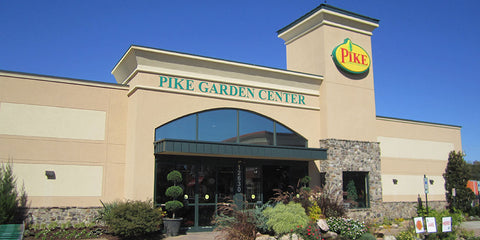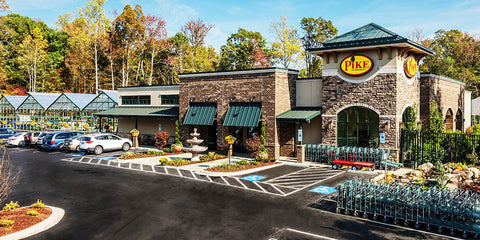Details
Pink Drift® Rose is a multi-stemmed deciduous shrub with a ground-hugging habit of growth. Its average texture blends into the landscape, but can be balanced by one or two finer or coarser trees or shrubs for an effective composition.
This shrub will require occasional maintenance and upkeep, and is best pruned in late winter once the threat of extreme cold has passed. Gardeners should be aware of the following characteristic(s) that may warrant special consideration:
- Spiny
Pink Drift®: Rose is recommended for the following landscape applications:
- Mass Planting
- Border Edging
- General Garden Use
- Groundcover
- Container Planting
Features
Pink Drift® Rose is covered in stunning lightly-scented pink flowers with white streaks at the ends of the branches from late spring to mid fall. The flowers are excellent for cutting. It has dark green foliage throughout the season. The glossy oval compound leaves do not develop any appreciable fall color. The fruits are showy red hips displayed in late fall.
Care
Planting & Growing
Pink Drift® Rose will grow to be about 18 inches tall at maturity, with a spread of 3 feet. It tends to fill out right to the ground and therefore doesn't necessarily require facer plants in front. It grows at a fast rate, and under ideal conditions can be expected to live for approximately 20 years.
This shrub should only be grown in full sunlight. It does best in average to evenly moist conditions, but will not tolerate standing water. It is not particular as to soil type or pH. It is somewhat tolerant of urban pollution. This particular variety is an interspecific hybrid.
Pink Drift® Rose makes a fine choice for the outdoor landscape, but it is also well-suited for use in outdoor pots and containers. Because of its spreading habit of growth, it is ideally suited for use as a 'spiller' in the 'spiller-thriller-filler' container combination; plant it near the edges where it can spill gracefully over the pot. Note that when grown in a container, it may not perform exactly as indicated on the tag - this is to be expected. Also note that when growing plants in outdoor containers and baskets, they may require more frequent waterings than they would in the yard or garden.


